Posit Science permanently employs several PhDs in neuroscience. These scientists make sure that each exercise is built to exact scientific standards.
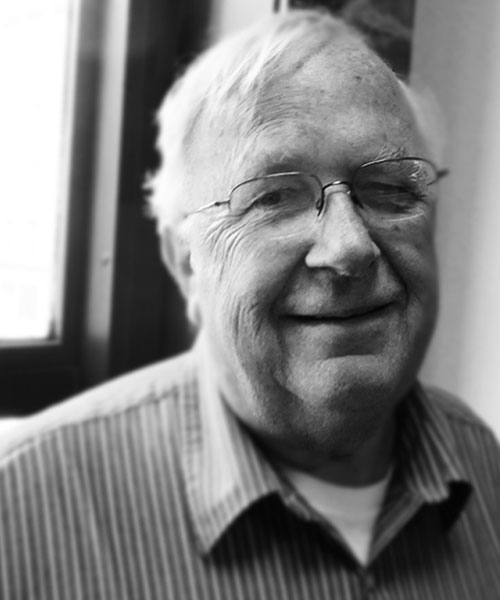
For nearly five decades, Dr. Merzenich has been a leading pioneer of plasticity research. He spent most of his career at the University of California, San Francisco, where he co-directed the Keck Center for Integrative Neuroscience. He co-founded Posit Science in 2003 to help bring scientific discoveries out of the laboratory and into the world at large to help the most people possible. At Posit Science, he works closely with the team of staff scientists to create and test the brain-training exercises found at BrainHQ. Dr. Merzenich is the recipient of numerous prestigious awards, and is the author ofSoft-Wired: How the New Science of Brain Plasticity Can Change your Life. He earned his PhD in Neurophysiology at Johns Hopkins University. For a full bio, click here.
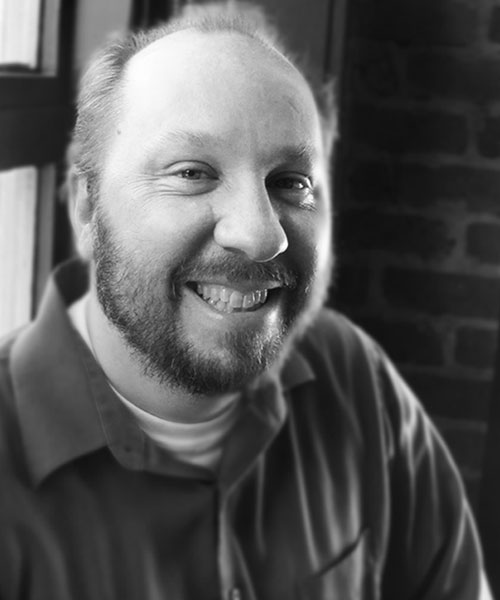
Dr. Henry Mahncke is the CEO of Posit Science. He joined Posit Science at its inception in 2003 as Vice President of Research & Outcomes, where he led the first large-scale clinical trials of a publicly available cognitive training program. He became CEO of Posit Science in 2011. Previously, he served as consultant at McKinsey focused on health care and video games, and then as a science and technology advisor to the British government. Dr. Mahncke earned his PhD in Neuroscience at the University of California, San Francisco, where he studied brain plasticity with Dr. Michael Merzenich.
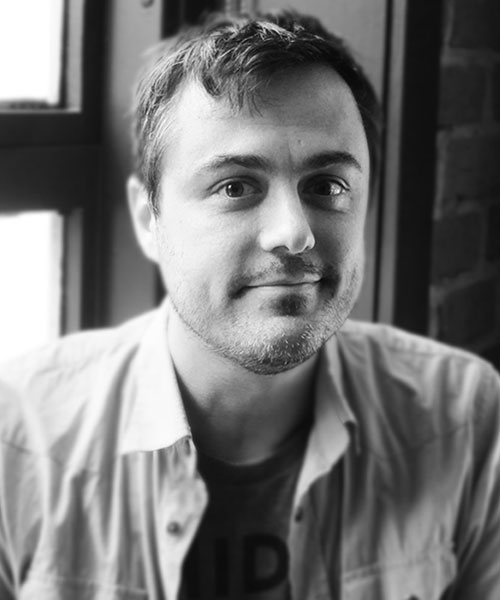
Dr. Wade is Chief Technology Officer at Posit Science. His began working at Posit Science to bring his knowledge of the acoustics of speech, computational modeling of phonetic competence, and improving perceptual learning of speech sounds to the team, but he now also spends a significant amount of time looking after technical infrastructure for BrainHQ and the company’s other applications. Dr. Wade earned his PhD in Linguistics at the University of Kansas.
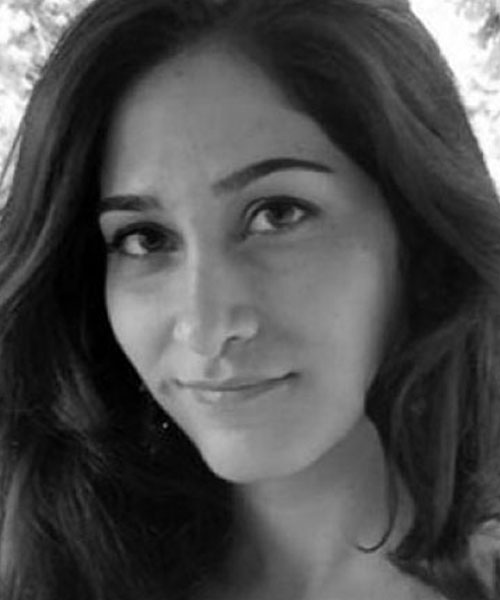
Dr. Attarha studies the cognitive and neurological changes that commonly appear with age. Currently, she is developing a battery of computerized tasks that may herald the start of neurodegenerative decline years to decades before diagnosis. Her goal is to use the battery to identify those with a high risk of decline and then apply an intensive brain training intervention to restore neurological function. She received her PhD in Cognitive Science at the University of Iowa.
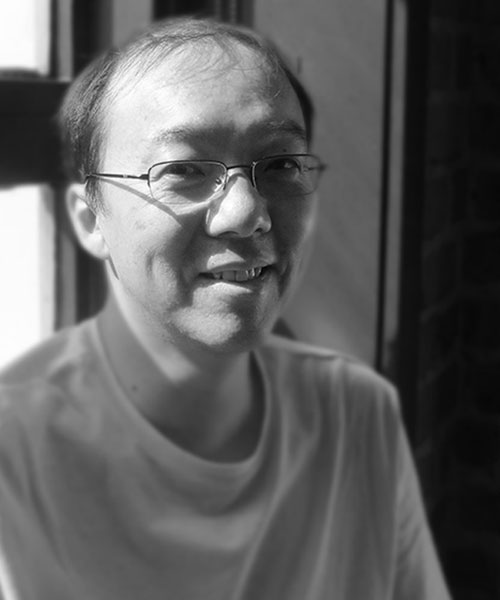
Dr. Chan is a researcher and software developer at Posit Science. He first joined the team to design and develop the adaptive algorithms that characterize most of Posit Science’s brain training exercises. These algorithms allow the exercises to adjust to individual performance, so that people are always training at the right level for their unique brains. Now, he plays a central role in designing and implementing training exercises from start to finish. Dr. Chan earned his PhD in Applied Mathematics at the University of California, Davis.

Dr. Lee’s research interests include understanding individual differences in learning and factors that modulate brain plasticity across the lifespan. She studies “far transfer” of cognitive training (how much cognitive training affects everyday skills and abilities), and is currently investigating cognitive exercise as a means to improve perceptual and cognitive abilities in older adults. She earned her PhD in Cognitive Psychology at the University of Iowa.
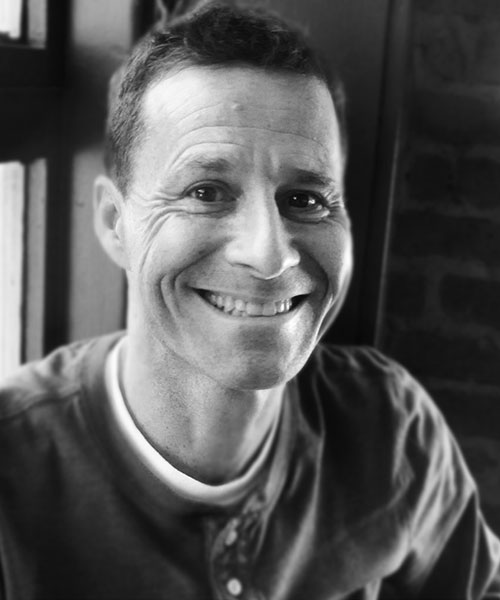
At Posit Science, Dr. Delahunt helps develop core computer-based training exercises for BrainHQ and other Posit Science applications. His research focuses on the effects of aging on visual perception, investigating cognitive training options for driving safety in drivers both young and old, and reversing declines in visual performance using computer-based training in normal aging and clinical populations. He earned his PhD in Psychology from the University of California, Santa Barbara.
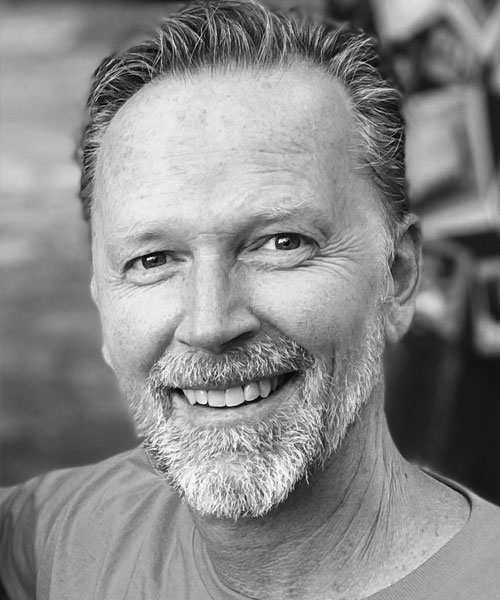
Dr. Van Vleet studies how the mechanisms of attention regulate alertness. The BrainHQ training he has developed is designed to optimize this process to improve cognition in healthy aging and in neurologically and psychiatrically challenged clinical populations. He is also a Research Neuropsychologist at the Veterans’ Affairs (VA) Northern California Health System, where he investigates the behavioral and neural bases of cognitive training-related improvements in veterans with post-traumatic stress disorder and/or traumatic brain injury. He earned a dual doctorate in Neuroscience and Clinical Psychology at Northern Illinois University, with additional training in Neuropsychology at the University of Chicago.
